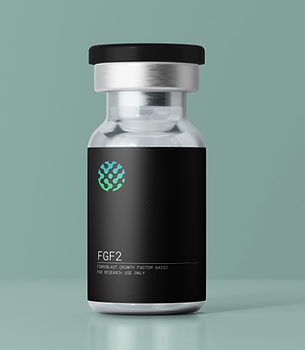top of page

Growth Factors
Powering Cells, Healing Tissues, Driving Growth.
Growth factors are proteins that regulate cell growth, proliferation, and differentiation. They are essential in biotechnology, supporting mammalian cell culture, stem cells, and organoids in serum-free systems. In medicine, they are used for wound healing, tissue repair, and regenerative therapies, while in cosmetics they support anti-aging and skin rejuvenation. Growth factors also advance pharmaceutical research by enabling disease studies and new treatment development, making them vital tools across science and industry.
Frequently asked questions
bottom of page



